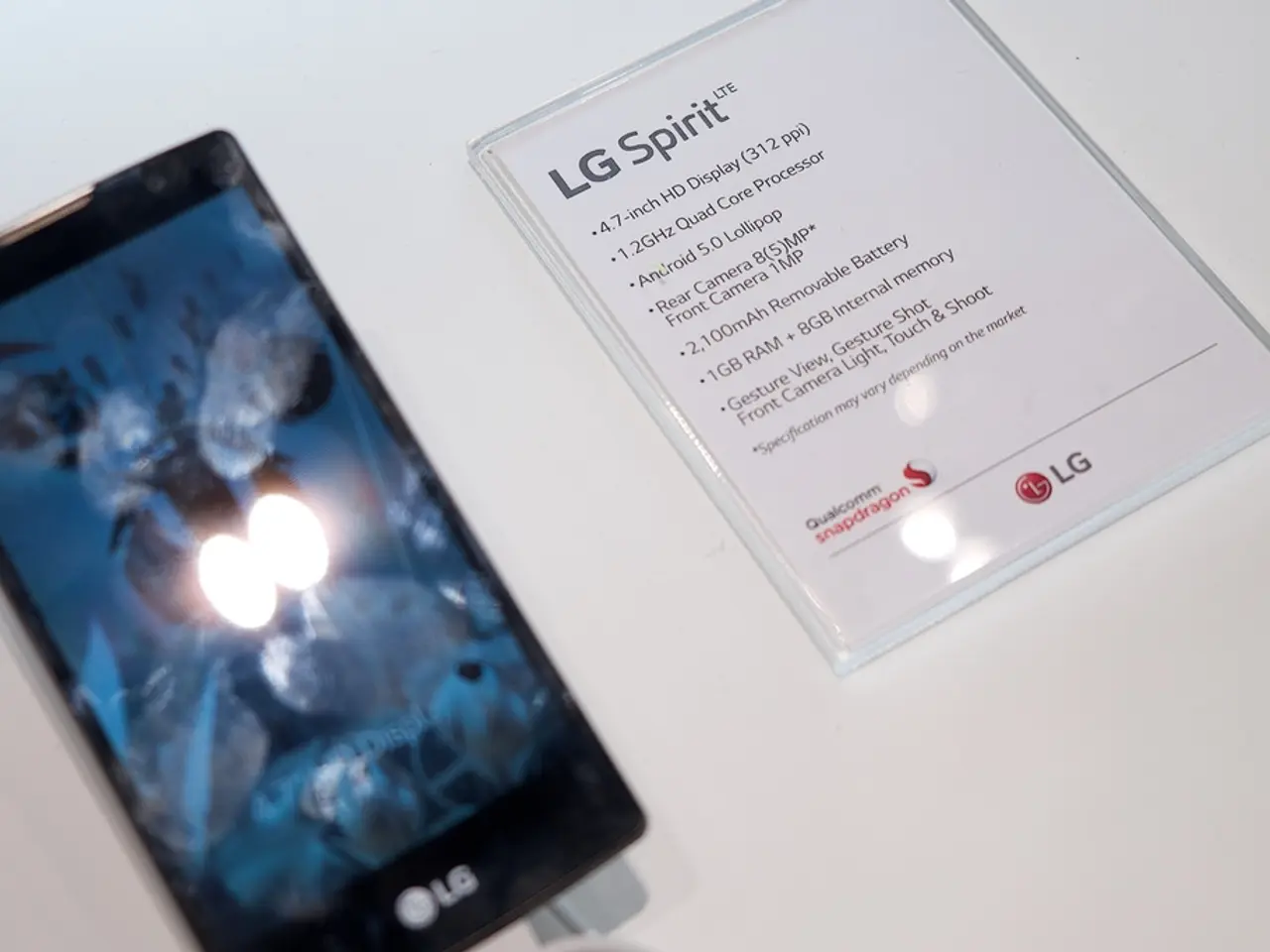Tesla's arrival in the Indian market officially announced, priced significantly higher than in other countries
In a strategic move to expand its global footprint, Tesla has commenced selling cars in India, the third largest market for auto sales. However, the entry into this market has been fraught with challenges due to high import tariffs and other factors.
India imposes high import tariffs on luxury vehicles, which can range from 70% to 110% for completely built units (CBUs). This significantly increases the cost of importing Tesla vehicles into India, making them less affordable for many potential buyers.
In contrast, in the United States, Tesla buyers are eligible for federal tax credits, which can reduce the purchase price of electric vehicles. For example, before any federal tax incentives, the base price of the Model Y is around $44,990, but it can be as low as $37,490 after a $7,500 federal tax credit. This price discrepancy between the Tesla Model Y in India and the US can be attributed to these factors.
The price difference between the Model Y in India and the US is substantial. The Model Y is priced at approximately $69,765.82 in India and $44,990 in the US before tax credits. This represents a price difference of about $24,775.82. After applying the US federal tax credit, the difference becomes around $32,275.82.
Tesla executives, including Vaibhav Taneja, the CFO, have expressed a long-stated desire to sell in India, with Taneja stating that India is a "very hot market" and entering it would be "a great market to enter because India has a big middle class." However, Tesla's plans for another plant in Mexico are currently on hold, and its existing plants have more capacity than demand for its vehicles.
Tesla faces growing competition from Chinese EV makers, and just over 20% of its sales revenue comes from China. In fact, the company is poised to lose its title of the world's largest EV maker to Chinese automaker BYD.
Despite these challenges, Tesla sees potential in the Indian market. The company aims to boost sales by entering a new market with potential untapped buyers. The federal tax credit for electric vehicles in the US is due to expire at the end of September, which could further widen the price gap between Tesla vehicles in India and the US.
As Tesla navigates these challenges, it remains to be seen how successfully it will be able to establish itself in the Indian market and whether it can overcome the barriers posed by high import tariffs.
- The high import tariffs on luxury vehicles in India, such as 70% to 110% for completely built units (CBUs), have increased the cost of Tesla cars, making them less affordable for many potential buyers.
- In contrast, Tesla buyers in the United States are eligible for federal tax credits, which can lower the purchase price of electric vehicles like the Model Y, reducing it from around $44,990 to as low as $37,490 after a $7,500 federal tax credit.
- Tesla's executives, including Vaibhav Taneja, the CFO, consider India a promising market, but the company's plans for another plant in Mexico are currently on hold, and the existing plants have more capacity than demand for its vehicles.
- Chinese EV makers pose substantial competition to Tesla, with just over 20% of Tesla's sales revenue coming from China, and the company potentially losing its title of the world's largest EV maker to Chinese automaker BYD.
- As Tesla continues to face challenges in India due to high import tariffs, the company aims to boost sales by entering the market with potential untapped buyers, but the federal tax credit for electric vehicles in the US, due to expire at the end of September, could further widen the price gap between Tesla vehicles in India and the US.




